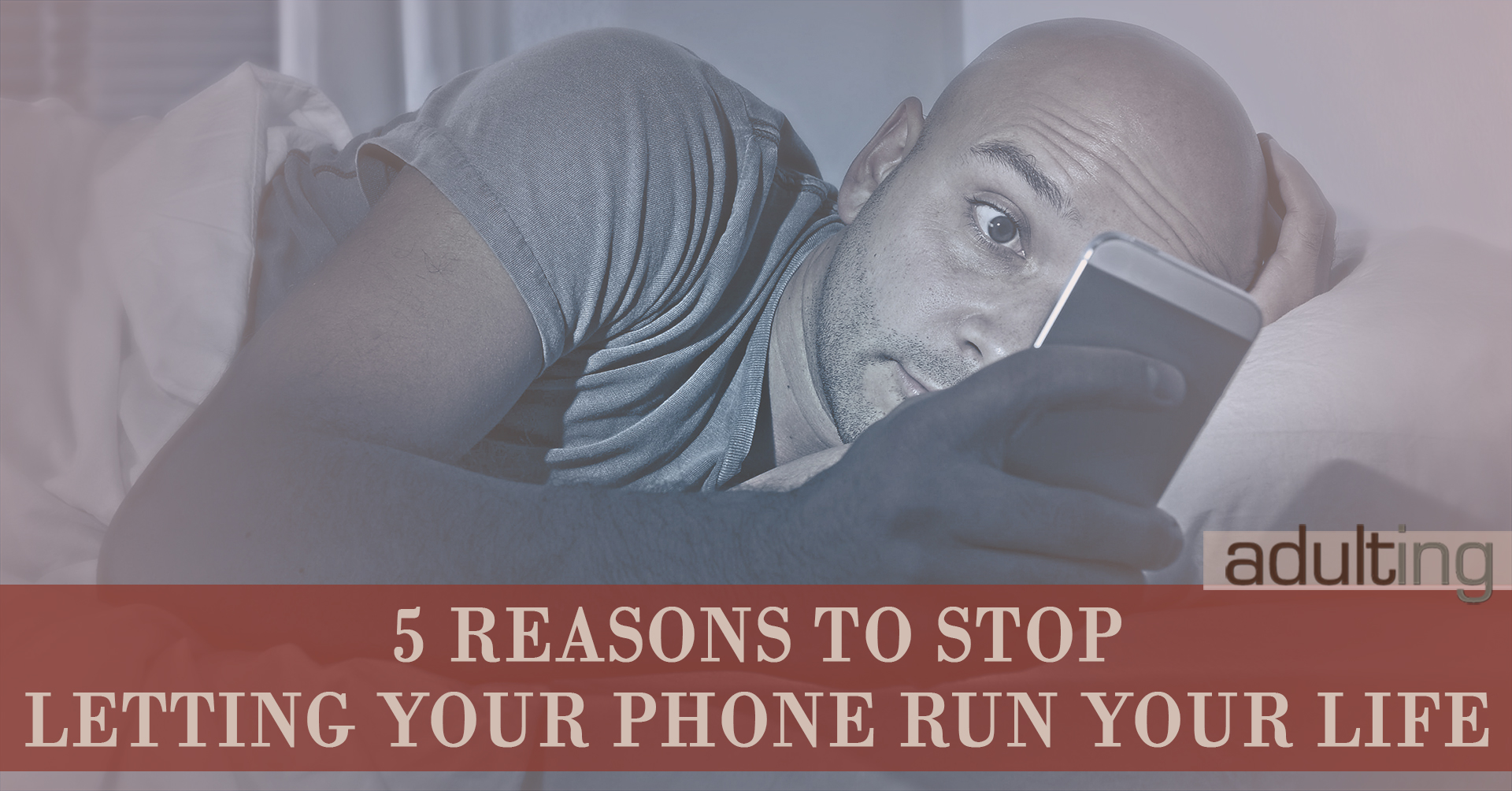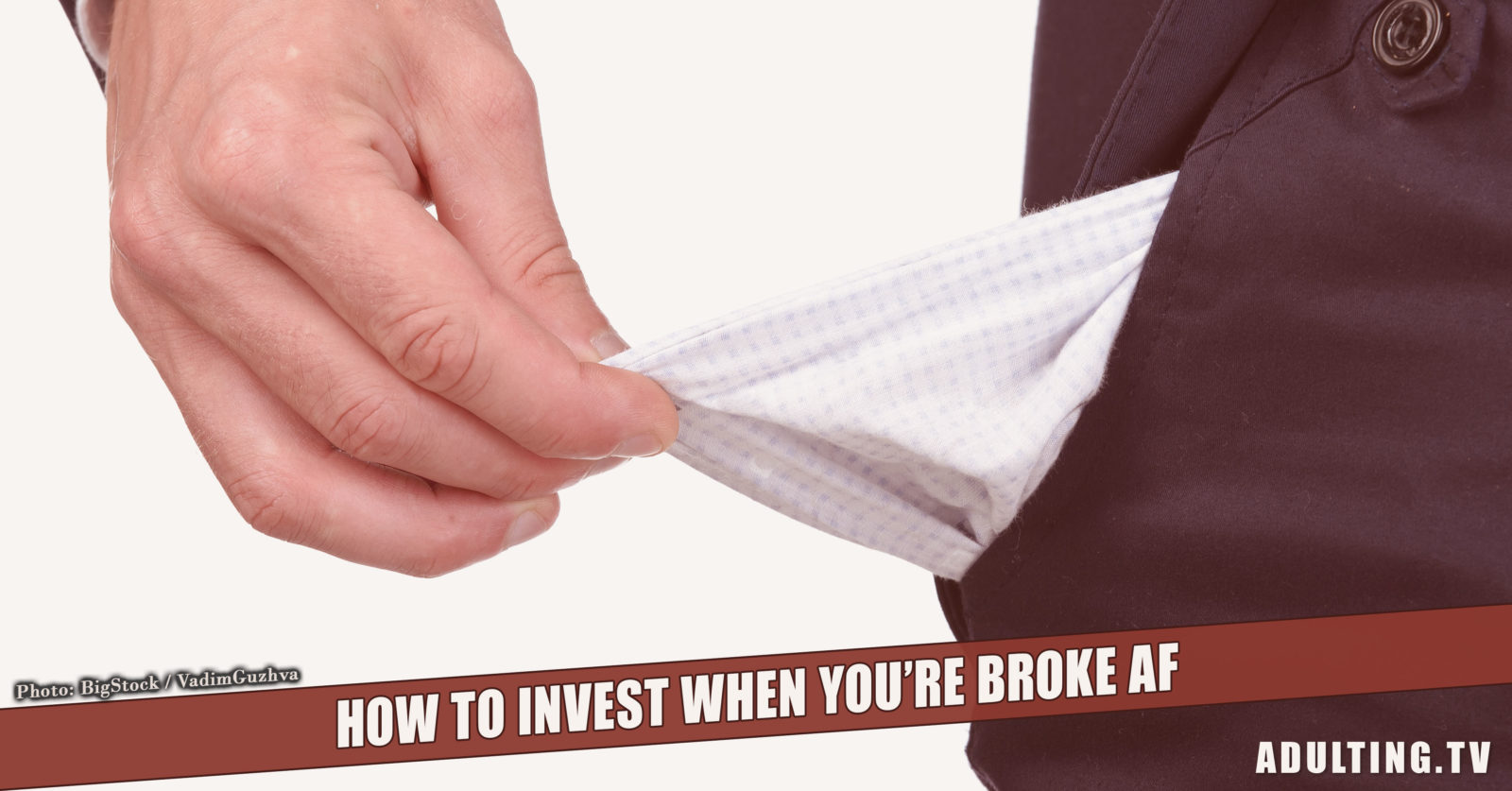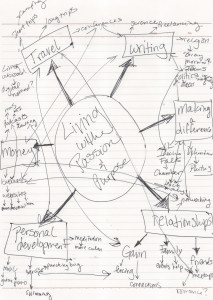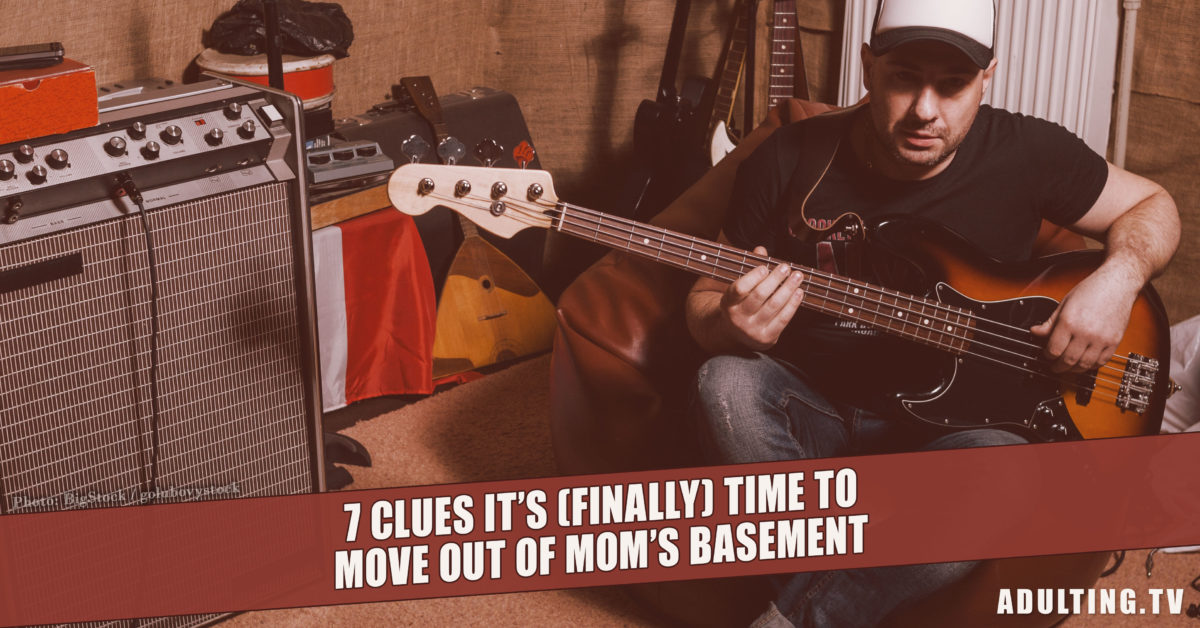Paying bills sucks.
No one likes doing it.
But proper adulting means you need to stay on top of your bills.
Dominate your bills.
Paying your bills on time can help you with your credit, and it ensures that you still have access to things like a place to live, your cell phone service, and electricity.
Your life will suffer if you get caught too far behind. When you don’t pay your bills, you can lose your apartment or house and all the other services you pay for. If you want to make your own decisions and live your life on your terms, you also have to be responsible and handle the business of paying bills.
You don’t have to do it on your own, though. Here are a few ways to help you stay on top of your bills.
1. Make it automatic.
One of my favorite tools is automation.
So many companies will let you automate your bill pay. My cell phone, internet, car loan, and rent payment are all automated. Gym membership, too.
Grocery delivery? Automatically taken care of each week. Same for the delivery from the dairy. Many power company also set up recurring billing. I was even able to set up recurring automatic payments for the medical bills I incurred earlier this year.
Finally, even my charitable donations are automated. That’s right. Not just my bills, but my donation to the local food bank is also automated.
The main pitfall to automation is that you have to stay on top of your bank account.
If the money is coming out of your bank account on a regular, automatic basis, you need to make sure the money is in there and available. Set up your automatic bill payments based on your income and cash flow.
Check due dates to ensure that you’ll have money in your account when the bills come out.
I like to use credit cards for most of my automated payments. This gives me a little breathing space when it comes to paying. I just have to make sure I pay off the credit card in full each month to avoid interest charges.
2. Use ANY personal finance software.
If you aren’t tracking your spending and planning your bills, there’s a good chance you could wind up in trouble. One of the best ways to avoid long-term problems with your finances is to know where the money is going.
Use personal finance software, like Mint or Personal Capital, to track your income and expenses. You can also use it to plan ahead and test out how your bills will impact your cash flow later in the month. Some sort of software is one of the keys to better finances and the ability to dominate your bills.
My personal finance software (Moneydance) allows me to set up reminders and automatic transaction entries so I can look ahead and see what bills are coming up. You can also use your own personal finance software to remind you when bills are due.
Even something like Mint, that syncs with your bank accounts and lets you see what you’ve been spending money on, can be a big help. Get real about where that money is going. Look it in the face. And then see what you need to do to make changes.
3. Check out a calendar app.
There are plenty of calendar apps to set up reminders that can help you dominate your bills.
Google Calendar and iCal from Apple are both good examples. If you do use these apps to pop up reminders for bills, set them to remind you at least 10 days in advance. You want to allow plenty of time for you to make your payment.
Whether you automate, schedule payments ahead of time, or write a check (really, though, who DOES that?), it’s important to look in and make sure everything is squared away.
A little calendar reminder can be just the thing to keep you on top of the situation. I schedule regular times to check my finances. Once a week I do a scan to see that there isn’t anything out of the ordinary with my money.
Later, the last Sunday of the month, I reconcile my accounts, just to stay on top of things. These “dates” with my money are blocked off on my calendar and I get reminders that they are approaching. This keeps me on task, and ensures that I remain connected to my money — even though there’s a lot of automation going on.
4. Designate a specific bill-paying time.
Pick a time of the week or the month to sit down and take care of money matters. This is what I was talking about above. You want to make sure you are consistent in your efforts to stay on top of your money.
I’m to the point where I mostly just check things out once a week. I have a specific time on Sunday (my least busy day) where I look into my accounts to ensure that there are no fraudulent purchases. Then I look at my personal finance software to see what bills are coming up. I verify that they are still on automatic withdrawal and that everything is on point. It takes me about 10 to 15 minutes.
Picking a time to have a sit-down with your money can at least help you pay all the bills due that week. You can also pick a bill-paying day and get everything paid for the whole month. Then you only have to worry about it one time each month, and that can help stay on top of your bills without a great deal of stress.
This only works, though, if you have structured your cash flow so that you have the money for paying everything at once. Or, you can schedule your payments all at once, but spread them out so that they better line up with your income.
No matter what, though, the idea is to figure out when you want to take care of your bills and then creating a standing appointment.

5. Ask for new due dates.
As you track your spending habits, eventually you’ll notice that sometimes it just doesn’t work out with due dates. Your bill due dates may not mesh with when you have money coming in from your job.
If you contact your service providers, you might be able to choose your own due dates. Choose dates that allow you to get money in the bank so it all works out. Many service providers are happy to let you switch if it means they know you’ll be ready to pay on time more often.
That’s #winning right there.
Dominate your bills so they don’t ruin you.
Paying bills is never fun, but it’s part of what you have to do as a proper (or even not-so-proper) adult.
Ugh.
But the good news is that there are plenty of tricks and resources that can help you dominate your bills so that they no longer run your life. You don’t have to live in fear of your due dates. Once you know where you stand, you can make a plan — and maybe even set things up so that you spend maybe an hour a month on your bills.
Get real about the situation, make a plan, change your due dates, and show your bills who’s boss.




















